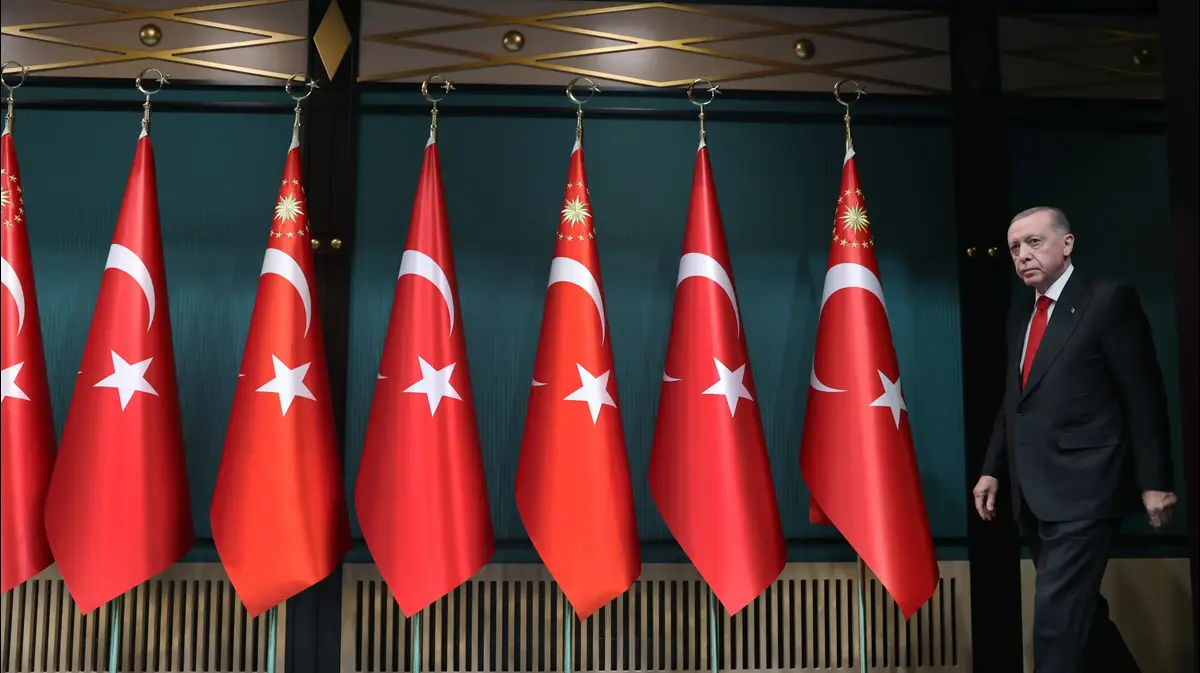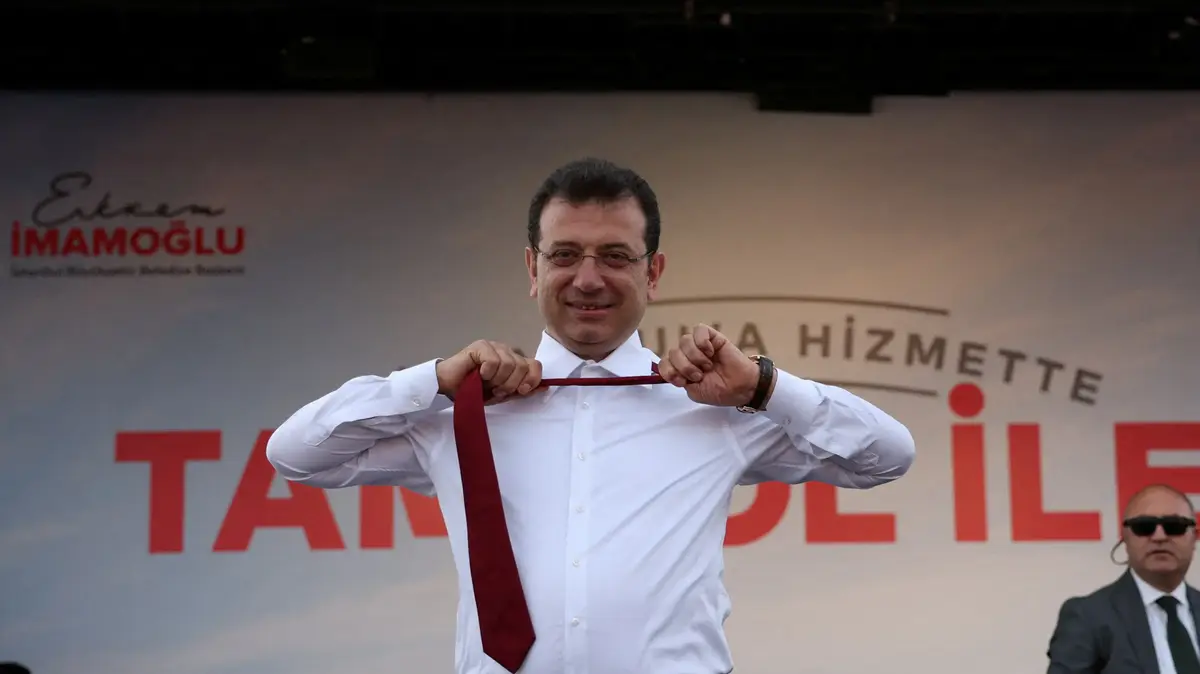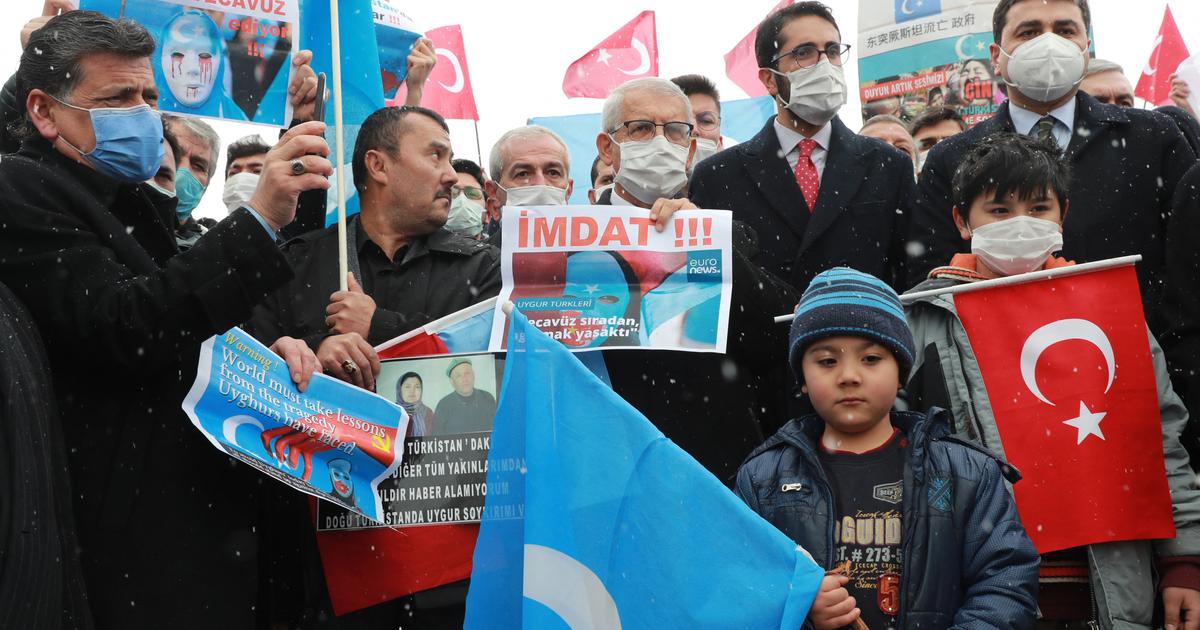When prices grow dizzyingly before our eyes, money burns in our hands.
Of the one who has it, of course.
In Turkey, with runaway inflation, small savers and large investors have launched to put their liras on the Istanbul Stock Exchange.
So, during 2022, while a large part of the world's stock markets incurred losses, the Istanbul BIST-100 index tripled its value (computed in dollars it grew by 110%).
This is growth basically driven by local buyers, explains financial columnist Ugur Gürses, while foreigners continue to sell.
Data from the Central Bank indicate that, during the last twelve months, foreign investors got rid of their positions in the Turkish market worth about 4,000 million dollars (3,765 million euros).
And especially these are individual investors and small savers, says economist Osman Cevdet Akçay, former chief economist at Yapi Kredi bank: “Right now there are 3.3 million investors on the Istanbul Stock Exchange, of which 1.2 million are joined during the past year.
It's like the gold rush in the Wild West, everyone rushes to invest, desperate to protect the value of their savings."
“During 2022 there were not many places where the Turks could invest.
Inflation has been very high and the Central Bank has kept interest rates well below the inflation rate, trying to dissuade those who keep their money in the bank”, points out the economist Özan Sakar.
According to data from the Turkish Statistical Institute (TÜIK), prices grew by 64% during 2022, although the calculation of the independent group ENAG places inflation at 137%.
Both data represent a considerable decrease compared to the maximums registered in recent months (85% and 186% respectively) largely thanks to the base effect - prices began to skyrocket in Turkey in autumn 2021, long before the Russian invasion of Ukraine - and the fall in fuel prices.
Despite this very high inflation and against the trend of the rest of the monetary institutions, the Turkish Central Bank has maintained a policy of cutting interest rates (from 12.5% to 7.5% during 2022) in line with with the guidelines of President Recep Tayyip Erdogan, who likes to say that high interest rates cause inflation.
As it is, no one in their right mind saves in Turkish lira.
Let's give a practical example: if on January 1, 2022 someone opened a deposit of 100,000 liras, a year later they will have withdrawn about 120,000 thanks to the accumulated interest.
However, due to inflation, what a year ago you could buy for 100,000 lira now costs 164,000 lira if we go by official figures (actually, its price has probably exceeded 200,000).
Traditionally, Turks have saved by investing in gold, dollars or any other strong currency, but for the past year the government has discouraged the sale of lira by imposing fees, forcing banks to keep the spread between buying and selling high. foreign exchange and forcing exporters to convert their earnings into local currency.
In addition, the Central Bank has tried to keep the value of the lira stable by selling currencies it obtained from exchanges or
swaps
with other friendly countries (Russia, Qatar, the Emirates, Saudi Arabia).
So the Turkish currency has
only
lost 25% of its value (in 2021 it had lost more than 40%).
“Basically, there were two places left to invest: the real estate market and the stock market,” summarizes Sakar.
In 2020 and 2021, home sales skyrocketed in Turkey and, during 2022, the
boom
has begun to show signs of peaking: prices have reached astronomical levels and unit sales have fallen (although the government has launched a construction program and lines of credit to boost the sector).
"On the other hand, people had stayed away from the Stock Market and at the beginning of 2022 the shares were cheap," continues Sakar: "With interest on loans so low, it even makes sense to borrow from the bank and invest in the Stock Market."
2022, moreover, has been a year of growth for Turkey: more than 7.5% in the first two quarters, close to 4% in the third.
And especially profitable for exporting firms (thanks to the depreciation of the lira), industrialists (due to the relocation of part of Chinese production) and financial firms.
The share price of machinery and energy companies such as Girisim Elektrik, Kontrolmatik and Çan2Termik has increased tenfold.
Even consolidated stocks with a large market capitalization such as the Koç holding company, the Tupras refinery or the military technology company Aselsan have offered returns of 200%.
Turkish Airlines, even higher than 500%.
“The market has gone crazy and the prices of practically all Turkish financial assets are incorrect, both 10-year bonds, which offer less than 9%, and shares on the stock market,” says Akçay.
Not surprisingly, the CEO of the chemical company SASA, Ibrahim Erdemoglu, admitted at the end of November that he felt "uncomfortable" at the high price that his company's shares had acquired, which has led it to suddenly become the company with the highest capitalization of the Istanbul Stock Exchange.
Since then, his shares have lost around 40% of their value.
“We are facing a bubble and it is almost inevitable that there will be some kind of correction,” adds the former Yapi Kredi economist.
The sources consulted agree that the
boom
Turkish stock market will still continue through 2023 albeit at a slower pace.
At least until the elections -scheduled between the end of April and the beginning of June-, in which Erdogan will play for his position after two decades in power.
“The Government wants the Stock Market to continue being very profitable and even the Finance Minister promotes investing in it instead of in State instruments.
But it has its risks, especially for small investors”, believes Akçay.
"As long as interest rates remain low, and it is not likely that they will rise before the elections, there will be room for funds to continue entering the Stock Market," argues the economist Sakar: "The main determinant will be the interest rate, because keeping it low is increasing inflation and, at some point, the Central Bank will have to raise it.
Subscribe to continue reading
Read without limits
Keep reading
I'm already a subscriber















